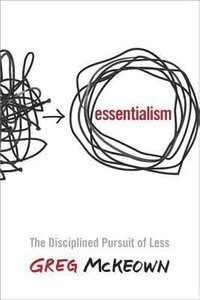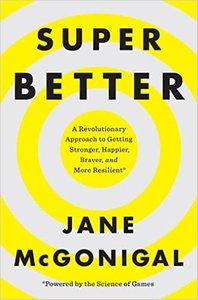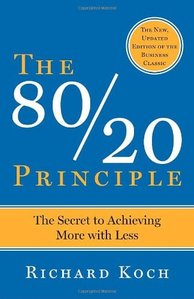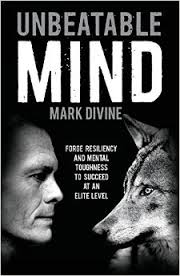The pursuit of success can be a catalyst for failure. Put another way, success can distract us from focusing on the essential things that produce success in the first place.” – Greg McKeown
The basic value proposition of Essentialism:
Only once you give yourself permission to stop trying to do it all, to stop saying yes to everyone, can you make your highest contribution towards the things that really matter.” – Greg McKeown
In the following video I summarize Greg’s book and provide a framework for preventing the non-essential from creeping into your life:




